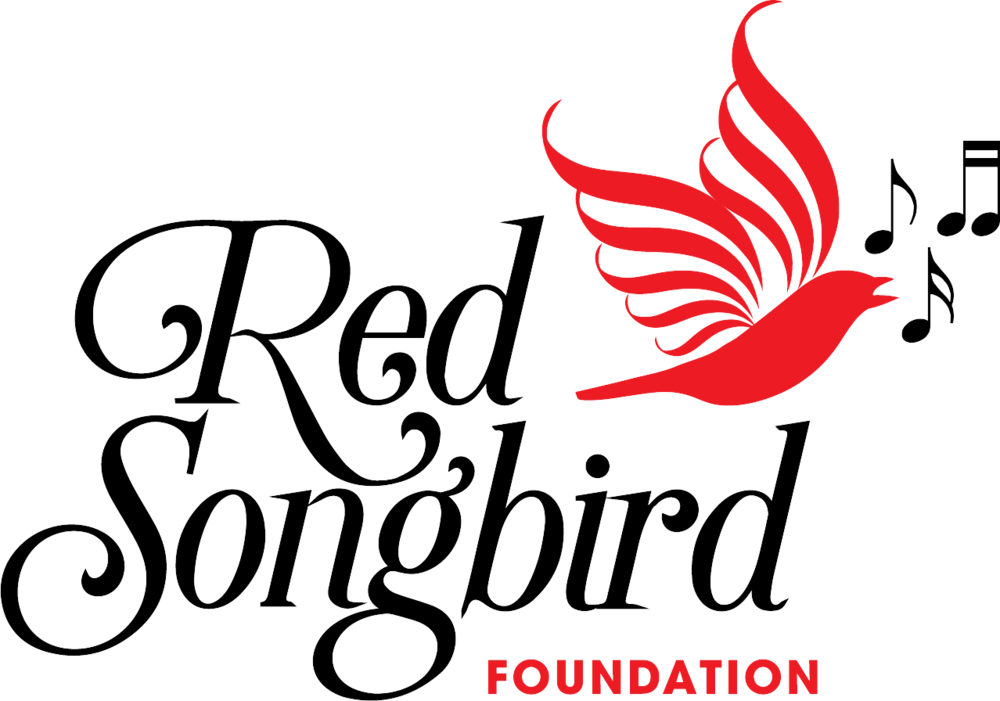What are natural highs and what are ways to maintain long lasting sobriety?
What are natural highs and what are ways to maintain long lasting sobriety?
By Jaana Woodbury
When we are trapped in addiction, we are often living for the next high. When individuals partake in drugs and alcohol, it can trigger our brain’s reward system flooding it with dopamine. Dopamine is a natural chemical found in the brain and is associated with pleasurable sensations, along with learning, memory, motor system function, and more. There is a reason that many find themselves stuck in a cycle of chasing this fleeting feeling without any regard to negative consequences. In other words, dopamine is the “feel good” endorphin. When we find ourselves in recovery, it is important to find ways to healthfully produce the same feelings.
1. Physical Exercise
Studies show that almost any kind of moderate to intense physical exercise stimulates your brain’s release of endorphins, adrenaline, serotonin, and dopamine, which work together to provide positive feelings and stress relief. While any type of cardio or aerobics will provide a natural high, so will calming exercises such as yoga and stretching. Physical activity has many benefits for those in recovery and is even the perfect way to strengthen your fellowship
2. Meditation
Another activity that releases endorphins is meditation. According to the Mayo Clinic, meditation can stimulate the production of dopamine, serotonin, and melatonin in the body. Fifteen minutes of meditation each day can leave you feeling calm, happy, and relaxed. Daily meditation can also provide time for reflection and help those in recovery be present throughout the day
3. Nature
Research shows that environments can increase or reduce our stress, which in turn impacts our bodies. What you are seeing, hearing, and experiencing at any moment is changing not only your mood, but how your nervous, endocrine, and immune systems are working. The stress of an unpleasant environment can cause you to feel anxious, or sad, or helpless. This in turn elevates your blood pressure, heart rate, and muscle tension and suppresses your immune system. A pleasing environment can reverse that. A recent study, Mind, 95% of those interviewed said their mood improved after spending time outside, changing from depressed, stressed, and anxious to calmer and more balanced.
4. Connection
Connection is usually what’s lacking for those struggling with addiction. When those struggling with addiction are getting sober, they can come become insecure or shameful about their past, which can create a barrier to healing. According to Dr. Dana Avey— Licensed Marriage and Family Therapist, Certified Psychiatric Rehabilitation Practitioner, Certified Holistic Life Coach, and Distance Credentialed Counselor—explains how: “Overall, having a social network of friends with whom one can spend time is noted to have significant mental health benefits, particularly as evidenced by experiencing an improved mood, both when in the company of others but also in the aftermath of the time spent socializing. Having a positive peer group provides individuals with a balanced perspective by serving as a sounding board. It can become very easy to become isolated with one’s own thoughts and feelings and connecting with others can offer objective feedback and support.”
5. The ‘High' of Helping Others
If you devote some of your time to helping others, then the likelihood is that you will benefit more from the effort than the person you are trying to help. Serving others is an excellent way to make your recovery strong. It is common for people who fall into addiction to become self-absorbed, and this constant inward-looking attitude can be a source of great misery. Self-absorption can be like a bad relationship where there is no escape. By helping others, it means you are going to be spending less time thinking about your own needs, which is a very good thing. This type of work is also likely to boost your self-esteem and confidence.
Recovery is not easy, and it takes time. Going from becoming dependent on drugs and alcohol to finding other ways to spend time can feel overwhelming. It’s important to remember that you are not alone, and that recovery is possible. It takes time physiologically to recover from ingesting toxic substances. However, it is proven that there are so many natural ways to support your mind and body in healing. To learn more, please out a form to get connected to a counselor.
-Jaana Woodbury
Published January 15, 2022

